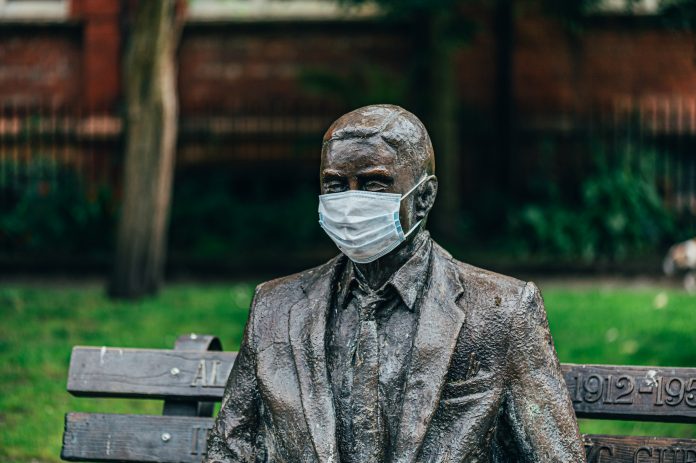The Northern Health Science Alliance report says the North of England experienced a 17% higher rate of COVID death than the South – because of “higher deprivation and worse pre-pandemic health”
The Northern Health Science Alliance commissioned a report to understand the impact of COVID on The North.
With discussion about a COVID inquiry on the horizon, obfuscation about what regional “levelling-up” really means and the social care levy as a tangible, controversial proposition, health disparities are crucial to all three. The North-South divide has been an issue for decades, with overall mortality and socio-economic issues always disproportionately worse up North.
Report emphasises startling gap between North and South
The report sheds light on the effects of the COVID pandemic on The North, from care homes to unemployment to socio-economic hardship. The North spent 54.6% longer in a more restrictive lockdown, compared to 46.3% of the rest of the country.
The authors explained that these figures can be explained: “By higher deprivation and worse pre-pandemic health in the North, which are potentially preventable.”
Direct COVID-related deaths were 17% higher in the North, with a 14% higher mortality rate for general deaths.
When it comes to care homes, between March 2020 to March 2021, COVID mortality was 26% higher than in the rest of England.
The pressure on hospitals in the North was also found to be worse, with 11% of hospital beds occupied by Northern COVID-19 patients over the year – in contrast to 10% in the rest of England. The one percent difference sounds small, but is concerning given the lack of extra funds and resources. Even now, in September 2021, there are ten hour waits outside of hospitals in Manchester.
What changes does the report recommend?
The report, spanning 45 pages, also suggests a raft of policy-changes which are explained as functional elements of a health and economic “levelling-up” movement.
Short-term policy changes:
- Focused vaccination drives in vulnerable, low-uptake Northern communities
- Increase NHS and local authorities resources for mental health interventions
- Invest in Northern hospitals to increase capacity, for non-COVID issues
- Make health a key plank of any future “levelling-up” policy
Medium-term policy changes:
- Significantly commit to ending child poverty – increase child element of Universal Credit by £20, extend free childcare, remove benefit cap, and two-child limit, extend free school meals,
- Maintain and increase extra £1,000 of Universal Credit
- Increase NHS Health Inequalities funding formula, creating additional resource in NHS
- Deliver £1 billion funding ring-fenced for health inequalities at regional level – for higher deprivation and public health needs in The North
Long-term policy changes:
- Create Northern “Health for Life” centres, which would give advice on everything – targeting deprived areas in the North
- Deliver mental health promotion and intervention in liaison with employers
- Level up health R&D investment to create local jobs and invest in local health – also invest in testing and diagnostics infrastructure
- Build national action plan for social determinants of health in North, with key focus on children
- Develop pandemic-plan – focusing on those with disabilities, those in care homes and those with chronic ill health
Lord Bob Kerslake, Chair of the UK2070 Commission, said: “There will be an instinct on the part of some to reign in on the spending and investment. This would be a huge error.
“Investment now is essential to create a more productive and fairer country in the future.”











